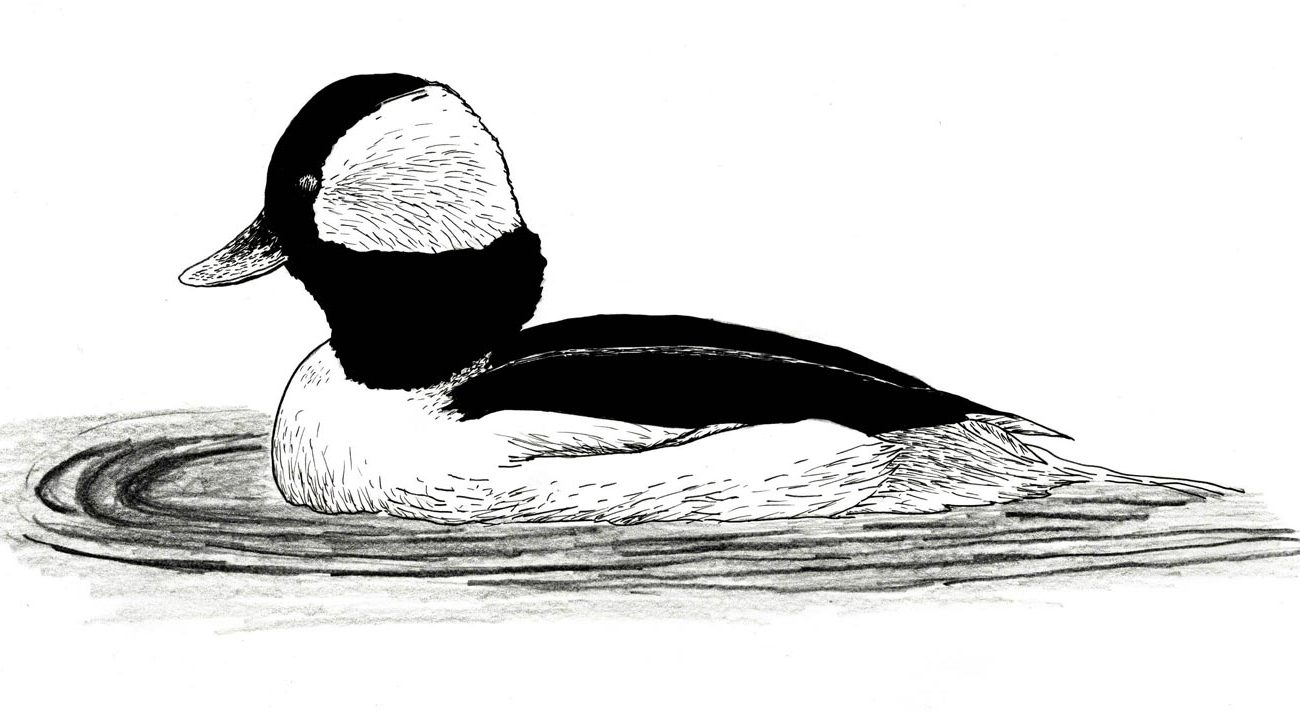February is a very interesting month for the Willamette Valley. Although it’s midwinter in the northern hemisphere, we have spring activity gearing up, with expectations of first native wildflowers blooming.
The error bar is wide for average first bloom of spring beauty because weather is so unpredictable this time of year. The average opening of spring beauty is Feb. 16, the birthday (in 1909) of Lincoln Constance. He was one of the most notable botanists to have grown up in Eugene and graduate from the University of Oregon. His family ritual was to search for spring beauty flowers every year on his birthday.
Keeping track of annual records of nature events like this is an important part of environmental science. These are the data, the facts, which provide the scientific community with information to create projections. There would be no weather prediction possible without past records. Effective and accurate predictions are constantly improving with more powerful models that rely on modern computing technology.
It is so discouraging to hear how the current administration is attacking the scientific agencies that monitor the environmental parameters that influence human life. These agency scientists, from botanists to cosmological physicists, are responsible for providing the information necessary for making political decisions about critical environmental matters.
Now is a good time to give a shout out to the ground troops making the observations. They rely on federal support to maintain and coordinate their environmental monitoring programs.
Citizen scientists must step in to help. Watch what’s going on!
David Wagner is a botanist who works in Eugene. He teaches moss classes, leads nature walks and makes nature calendars. He can be contacted through his website: fernzenmosses.com.
